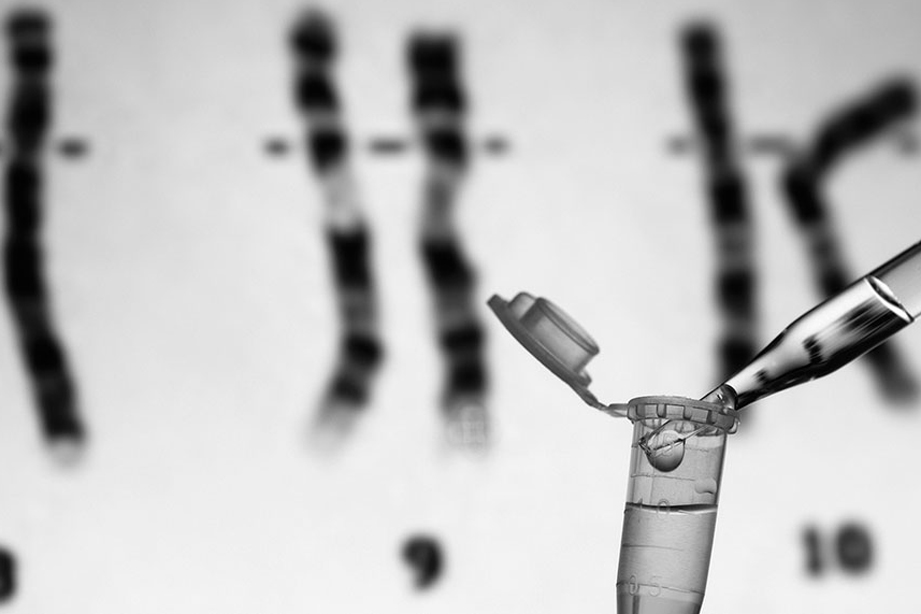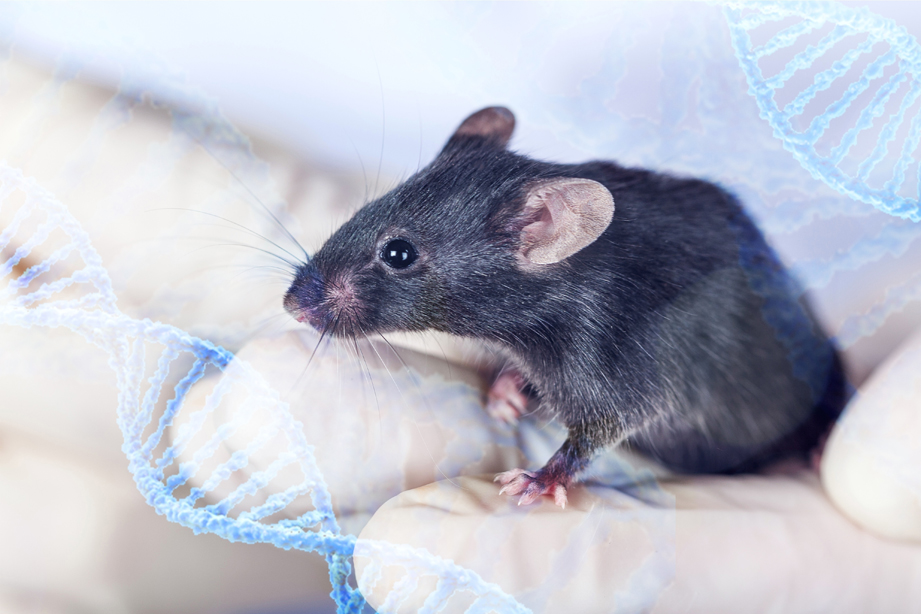Challenge Identifying children who are at risk of FASD early on can be challenging. Often receiving a formal diagnosis requires confirmation of prenatal alcohol exposure, which isn’t always possible. The current FASD diagnostic assessment process also typically happens once a child is school-aged because existing tools lack the sensitivity to identify young children and infants. [...]
Epigenetic Advances Could Aid in Development of FASD Diagnostic Tool
Nicolas Turgeon-Morin2023-05-04T06:36:24-08:00Challenge The study of epigenetics—how the environment influences gene expression—is a promising avenue when it comes to better understanding FASD. In the absence of the characteristic facial dysmorphology or confirmed prenatal alcohol exposure, it is very challenging to confirm an FASD diagnosis. Therefore, there is a considerable need to identify biomarkers of exposure that one [...]
Development of a Genomic Assessment Tool for Early Identification of Infants and children at risk for FASD
Nicolas Turgeon-Morin2023-05-04T08:18:51-08:00Challenge Fetal alcohol spectrum disorder (FASD), which results from prenatal alcohol exposure, is the most common cause of neurodevelopmental impairments in the western world, with an estimated prevalence of 3-5% in Canada, and as high as 11% in some communities. Diagnosing the disorder is time-consuming and costly — but early diagnosis of children at risk [...]
Biorepository cohort (PROMISE)
Nicolas Turgeon-Morin2023-10-19T10:44:22-08:00Challenge A child's genetic susceptibility to the environment is usually associated with specific gene variations. When combined with environmental factors, this susceptibility can lead to better or worse outcomes for the child. Researchers at the Parenting Research on Mental Illness, Stress & Epi/Genetics (PROMISE) study sought to understand how parenting could impact this genetic susceptibility. [...]
Rat Studies Help Better Characterize FASD and Identify Potential Biomarkers
Nicolas Turgeon-Morin2023-10-19T10:55:27-08:00Challenge Children are usually school-aged by the time they receive a diagnosis for Fetal Alcohol Spectrum Disorder. However, evidence indicates that early intervention is beneficial. Having reliable biomarkers to detect changes related to prenatal alcohol exposure (PAE) could allow clinicians to identify FASD in children at a younger age and therefore provide earlier access to [...]
Mouse Models as a way to Determine Alcohol-Susceptible and Alcohol-Resistant Genes
Nicolas Turgeon-Morin2023-10-19T10:55:55-08:00Challenge When studying Fetal Alchol Spectrum Disorder (FASD), it’s challenging to discern the exact timing and the severity of alcohol exposure that a fetus experienced during pregnancy. This challenge makes it difficult for researchers to determine the exact relationship between these two factors and the likelihood of a child being born with FASD. Using animal [...]
The Promise of Epigenetics as a Novel Tool for FASD Screening
Nicolas Turgeon-Morin2023-10-19T10:56:50-08:00Challenge Prenatal alcohol exposure is a major cause of behavioural and cognitive deficits in children. Despite extensive research, a unique neurobehavioral profile for children affected by prenatal alcohol exposure has yet to be identified. This research project addressed how genetic and environmental factors interact with prenatal alcohol exposure to produce neurobehavioural and neurobiological deficits in [...]








